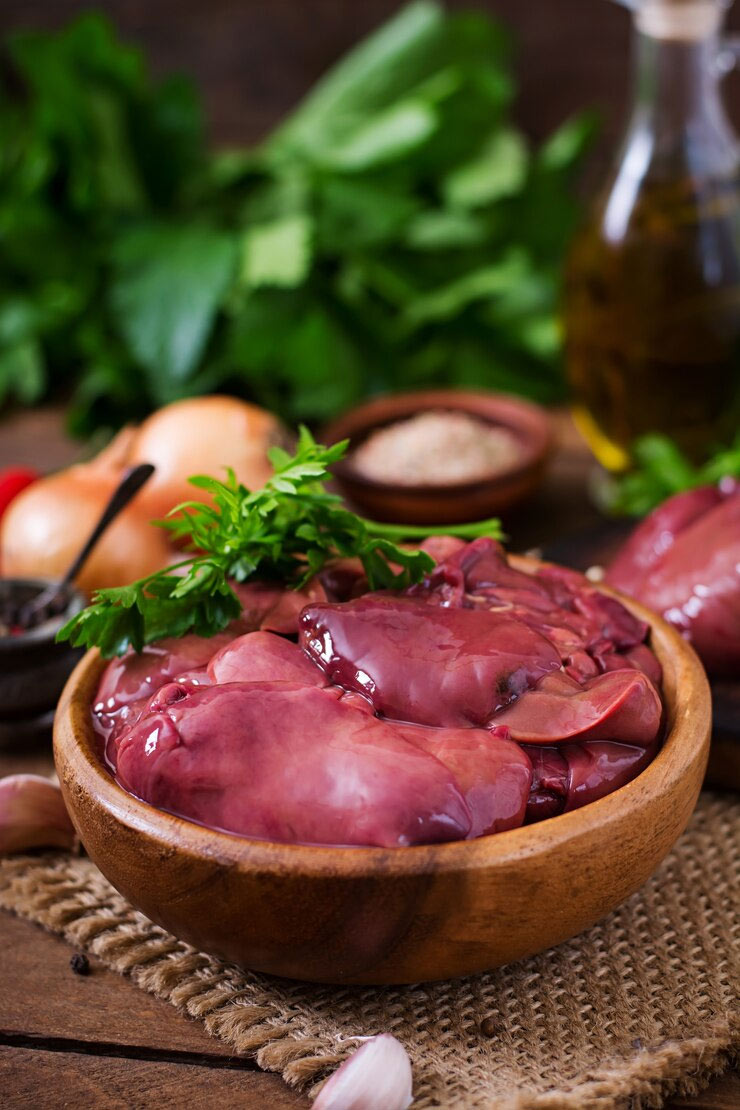
Food safety is an essential aspect of maintaining good health, particularly when it comes to poultry, which is a common part of many diets. However, recent discussions have raised concerns over the potential link between undercooked chicken and Guillain-Barré Syndrome (GBS), a rare but serious neurological disorder.
Table of Content:-
We spoke to Dr Sadique Pathan, Neurologist, Sahyadri Super Speciality Hospital, Hadapsar, Pune. He explains, "Food safety is essential for health, and given that poultry is a popular food choice, it's important to be aware of its associated risks. Recent discussions have highlighted the possible connection between undercooked chicken and Guillain-Barré Syndrome (GBS)."
What is Guillain-Barré Syndrome?

Guillain-Barré Syndrome (GBS) is a serious condition where the body’s immune system mistakenly attacks the peripheral nervous system, which controls muscle movements. Symptoms of GBS can range from mild tingling and weakness in the limbs to full paralysis. In extreme cases, the disorder can be fatal or lead to permanent disability.
While the exact cause of GBS remains unclear, it is often preceded by an infection. The syndrome has drawn significant attention in the medical community due to its severity and long-term impact on affected individuals.
Is Undercooked Chicken a Risk Factor for GBS?

Consuming undercooked or raw chicken can lead to foodborne infections caused by bacteria such as Campylobacter and Salmonella. These infections typically result in gastroenteritis, with symptoms such as stomach cramps, diarrhoea, and vomiting.
Although rare, infections caused by Campylobacter have been linked to Guillain-Barré Syndrome. Scientists believe that in some cases, the immune system's response to the bacteria may mistakenly target the nervous system, leading to the onset of GBS. While the overall risk remains low, the potential severity of the syndrome makes food safety a critical concern.
Also read: Bird Flu Outbreak In India: Is It Safe To Consume Chicken And Eggs?
The Role of Bacteria in Foodborne Illnesses
Two of the most common bacteria associated with undercooked chicken are Campylobacter and Salmonella.
Campylobacter is frequently found in poultry intestines and can cause symptoms such as abdominal cramps, fever, and diarrhoea. In rare instances, an autoimmune reaction triggered by Campylobacter infection can result in GBS.
Salmonella infection typically leads to fever, nausea, and abdominal pain. While not directly linked to GBS, it can weaken the immune system, making individuals more vulnerable to other complications.
Dr Pathan highlights the importance of food hygiene, "Consuming undercooked chicken can lead to foodborne infections from bacteria like Campylobacter and Salmonella. These bacteria can cause gastroenteritis, with symptoms including stomach cramps, diarrhoea, and vomiting. In rare instances, infections from Campylobacter are linked to GBS. This connection is thought to occur when the bacteria prompt an immune response that mistakenly attacks the nervous system, potentially leading to GBS."
Improper food handling, including cross-contamination, can significantly increase the risk of spreading these harmful bacteria. This reinforces the need for proper food safety measures in every kitchen.
Should Chicken Be Avoided to Reduce the Risk of GBS?

Given the rare occurrence of GBS linked to Campylobacter infections, completely avoiding chicken is not necessary. Instead, individuals should focus on strict food safety practices to mitigate the risk of foodborne illnesses.
Dr Pathan advises, "While the risk of GBS from undercooked chicken is minimal, it's crucial to prioritise proper cooking and handling to prevent foodborne illnesses. Instead of avoiding chicken, implementing strict food safety practices can substantially reduce the risk of infections and their severe outcomes, such as GBS."
Also read: Avian Flu (H5N1): Expert-Recommended Tips To Curb Bird Flu Spread
Recognising GBS Symptoms and Seeking Medical Attention
GBS often starts with mild tingling or weakness in the hands and feet. However, symptoms can rapidly worsen, progressing to severe muscle weakness and, in some cases, paralysis. Immediate medical attention is necessary if these symptoms appear, particularly following a recent foodborne illness or infection.
By adhering to proper food safety protocols, such as thoroughly cooking poultry, avoiding cross-contamination, and maintaining kitchen hygiene, the risk of foodborne diseases and their severe complications, including Guillain-Barré Syndrome, can be significantly reduced.
Also watch this video
How we keep this article up to date:
We work with experts and keep a close eye on the latest in health and wellness. Whenever there is a new research or helpful information, we update our articles with accurate and useful advice.
Current Version